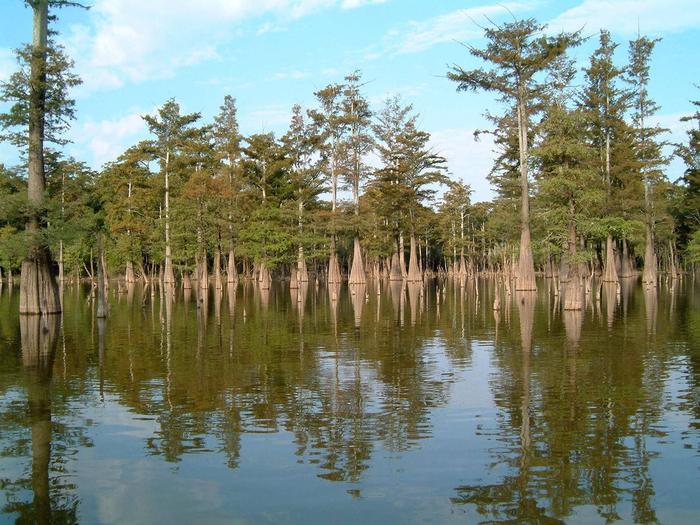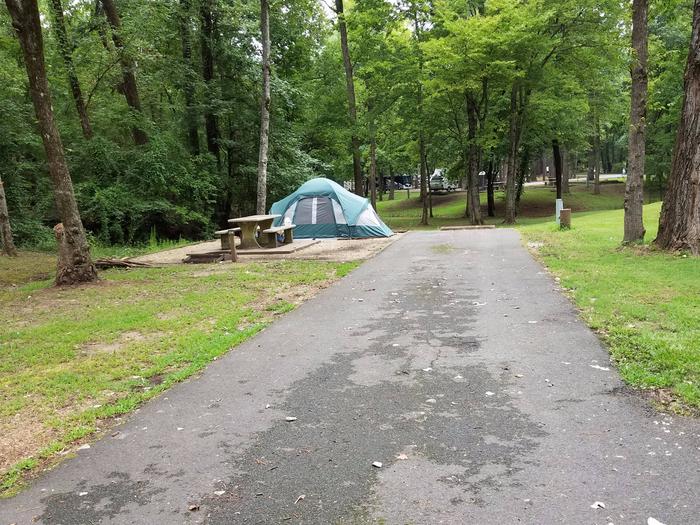Directions
Arctic Refuge provides a unique wilderness experience within the National Wildlife Refuge System. Nearby village residents continue their age-old subsistence activities within the Refuge. Visitors from near and far enjoy the extraordinary landscapes and diverse wildlife. Most visitors plan a stay of 6 to 10 days while they camp, hike, float rivers, hunt, or fish.
All Arctic Refuge lands are open to the public at all times. This is a true wilderness Refuge. There are no roads, established trails, or facilities of any type within our borders. Most visitors bring their own food and gear, and access the Refuge by air taxi or personal airplane, flying in from communities outside the Refuge. Although there is no cell phone coverage, Satellite phones do work in many areas.
Arctic National Wildlife Refuge Headquarters 101 12th Ave., Room 236 Fairbanks, Alaska 99701
Phone
907-456-0250 or 800-362-4546
Activities
WILDERNESS
Camping Reservations
Reserve your campsite at these camping areas:
Hiking Trails
Looking for nice hiking areas to take a hike? Choose from these scenic hiking trails:
Related Link(s)
Arctic National Wildlife Refuge
The Mollie Beattie Wilderness now contains a total of 8,000,000 acres and is managed by the Fish & Wildlife Service. All of the Wilderness is in the state of Alaska. In 1980 the Mollie Beattie Wilderness became part of the now over 110 million acre National Wilderness Preservation System.
No other region of America has seen less human impact than the northeastern corner of Alaska. Here the Brooks Range bulges up near the Arctic Ocean to create a unique combination of habitats, including arctic, subarctic, and alpine ecosystems. Approximately 200 miles by 200 miles, the Arctic National Wildlife Refuge stretches down both sides of the Brooks Range here, occupying almost 20 million acres–the size of South Carolina. Peaks reaching 9,000 feet, the highest in the Brooks, look northward across rolling tundra cut by serpentine rivers and dotted with clusters of freshwater lakes. Farther north lie the barrier islands and saltwater lagoons of the Arctic Ocean. Southward the terrain drops from treeless mountains into broad conifer-and hardwood-covered valleys. By Arctic standards, the refuge™s mammal population is abundant: brown bears, moose, wolves, wolverines, and red foxes everywhere; Dall sheep and marmots in the high mountains; black bears, coyotes, lynx, porcupines, and beavers in the forestland; musk oxen and arctic foxes on the north slopes; polar bears on the ice pack; and the 110,000-member Porcupine caribou herd in winter in the southern portion. Beluga and bowhead whales migrate along the coast with ringed and bearded seals. Migratory birds flock here, some traveling all the way from Antarctica.




